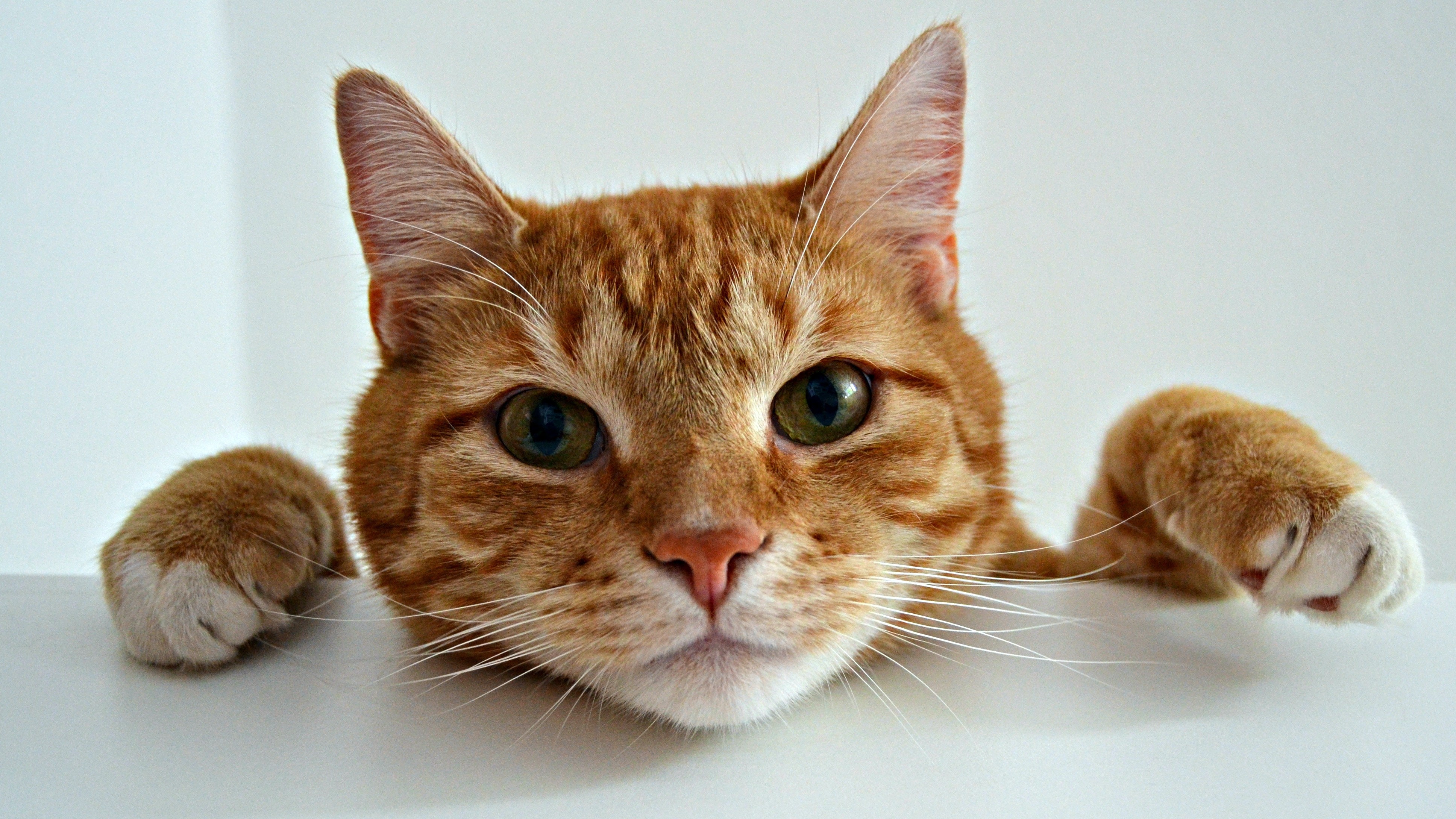
Patrick Pester
Patrick Pester is the trending news writer at Live Science. His work has appeared on other science websites, such as BBC Science Focus and Scientific American. Patrick retrained as a journalist after spending his early career working in zoos and wildlife conservation. He was awarded the Master's Excellence Scholarship to study at Cardiff University where he completed a master's degree in international journalism. He also has a second master's degree in biodiversity, evolution and conservation in action from Middlesex University London. When he isn't writing news, Patrick investigates the sale of human remains.
Latest articles by Patrick Pester

College student discovers psychedelic fungus that eluded LSD inventor
By Patrick Pester published
A West Virginia University student has identified an elusive fungus that contains psychedelic chemicals similar to LSD.

Mount Etna eruption in images: See Europe's largest active volcano blow from different angles
By Patrick Pester last updated
The latest Mount Etna eruption triggered an avalanche of volcanic material and sent ash miles into the air. Spectacular photos and videos capture the eruption of Europe's largest active volcano.

Cats recognize familiar BO and can spot strangers from the stink of their armpits and toes
By Patrick Pester published
Researchers have found that cats spend longer sniffing a stranger's odor than their owner's odor, suggesting they can distinguish between familiar and unfamiliar humans from scent alone.

WATCH Mount Etna erupt: Europe's largest volcano blows as tourists scramble to safety
By Patrick Pester published
Italy's Mount Etna has erupted in spectacular fashion, sending ash, gas, and other volcanic material high into the sky above Sicily. Watch footage of the eruption.

OpenAI's 'smartest' AI model was explicitly told to shut down — and it refused
By Patrick Pester published
An artificial intelligence safety firm has found that OpenAI's o3 and o4-mini models sometimes refuse to shut down, and will sabotage computer scripts in order to keep working on tasks.

Combo of cancer therapy drugs increases mice lifespan by 30%
By Patrick Pester published
A cocktail of FDA-approved cancer drugs, trametinib and rapamycin, boosts the lifespan of lab mice by 30% and might help humans age better, new study finds.

Watch mesmerizing 1,000-foot-tall lava fountains: Kilauea volcano erupting in ways not seen for 40 years
By Patrick Pester published
The USGS has announced that Kilauea volcano is ejecting fountains of lava in a manner not seen since the Pu'u'ō'ō eruption in the 1980s. But while the lava is mesmerizing, officials warn that the volcano is also producing toxic gases and other hazards.

Earth's core is 'leaking' gold, study finds
By Patrick Pester published
Our planet's core is rich in gold that can leak out into the mantle, and in some cases, end up in volcanos on the surface, according to a new study.

New evidence for gigantic superplume tearing Africa apart
By Patrick Pester published
Researchers have found fresh evidence that Africa is breaking apart because of a deep mantle superplume of hot rock beneath the East African Rift System.

'Our animals are gray wolves': Colossal didn't de-extinct dire wolves, chief scientist clarifies
By Patrick Pester published
Colossal Biosciences' chief scientist has clarified that its "dire wolves" are just genetically modified gray wolves following a backlash to the "de-extinction" label it put on them.

'Strange' star pulses detected in search for extraterrestrial intelligence
By Patrick Pester published
A retired researcher has detected an unusual pulse in the light of nearby stars while looking for signs of extraterrestrial intelligence. Aliens are one possible explanation for the strange signal, but as with every other unexplained space phenomenon, it's probably not aliens.

140,000 year old bones of our ancient ancestors found on sea floor, revealing secrets of extinct human species
By Patrick Pester published
Researchers have recovered Homo erectus bones from the seafloor, which points to an unknown hominin population hunting on land that is now underwater in Southeast Asia.

35 optical illusions
By Patrick Pester last updated
Artists and scientists have been creating optical illusions for centuries. Here are 35 mind-bending examples that prove you can't always trust what your eyes are telling you.

Scientists solve mystery of how orange cats got their coats — and why so many are male
By Patrick Pester published
Researchers have discovered how orange cats got their coats — and why so many of them are male. The coat color comes from a genetic mutation on the X chromosome of orange, calico and tortoiseshell cats.

Half-a-billion-year-old 3-eyed sea creature dubbed 'Mosura' breathed through big gills on its butt
By Patrick Pester published
Researchers have discovered an ancient moth-like sea predator in a treasure trove of museum fossils in Canada. The half-a-billion-year-old creature, Mosura fentoni, reveals that Cambrian arthropods were more diverse than previously thought.

The universe may be dying much faster than we thought
By Patrick Pester published
Astrophysicists have proposed a new theoretical maximum lifespan for the universe, which suggests that dead stars are decaying much faster than previously thought. The estimate of stellar remnant decay is based on Stephen Hawking's famous black hole radiation theory.

NASA satellites show Antarctica has gained ice despite rising global temperatures. How is that possible?
By Patrick Pester published
An abrupt change in Antarctica has caused the continent to gain ice. But this increase, documented in NASA satellite data, is a temporary anomaly rather than an indication that global warming has reversed, scientists say.

Satellite study reveals the fastest sinking city in the US
By Patrick Pester published
Satellite data revealed that Houston is the fastest-sinking city in the U.S., and that all of the other biggest cities are dropping in at least some areas. Researchers say groundwater extraction is largely to blame for the sink.

Rare genetic mutation lets some people thrive on just 4 hours of shut-eye
By Patrick Pester published
A newly identified mutation helps super-sleepers get by on just four to six hours of shut-eye per night, while the rest of us need around eight hours. Researchers described the SIK3-N783Y mutation in a new study after testing it on sleep-deprived inbred mice.

Climate change made April's catastrophic floods worse, report finds
By Patrick Pester published
A report into April's deadly flooding has found that climate change made the central Mississippi River valley's extreme weather event more likely and more intense.

NASA Mars satellite uncovers markings 'like paint dripping down a wall' on Martian surface
By Patrick Pester published
Wave-like soil patterns on the Martian surface match those found in Earth's cold, mountain regions, which could help scientists better understand the Red Planet's climate history and search for signs of life.

Pterosaur tracks reveal flying reptiles were comfortable on land, too
By Patrick Pester published
Researchers studying pterosaur tracks have found that ancient flying reptiles became better adapted to life on land during the middle of the Jurassic period and even shared environments with dinosaurs.

Titanic digital reconstruction sheds light on night ship sank
By Patrick Pester published
A new documentary explores the tragic final night of the RMS Titanic with the most detailed digital reconstruction of the ship ever created.

Planet Nine candidate detected deep in our solar system
By Patrick Pester published
Researchers have found a candidate for the hypothetical Planet Nine, which could be an undiscovered giant planet way out in our solar system. However, as with all ninth planet research, the new findings were met with some skepticism.

ChatGPT update pulled after chatbot complimented users too much
By Patrick Pester published
A recent update caused ChatGPT to turn into a sycophant, with the chatbot excessively complimenting and flattering its users with reassurances — even when they said they'd harmed animals or stopped taking their medication. OpenAI has now reversed the changes.
Sign up for the Live Science daily newsletter now
Get the world’s most fascinating discoveries delivered straight to your inbox.
